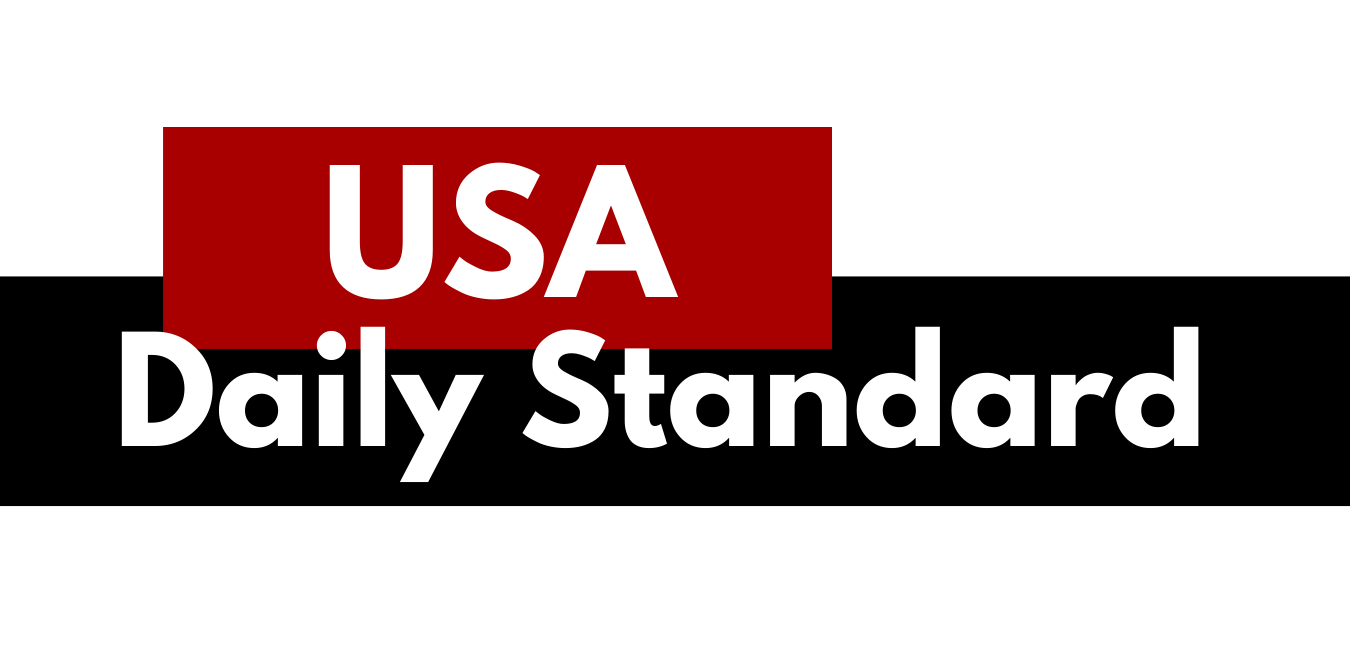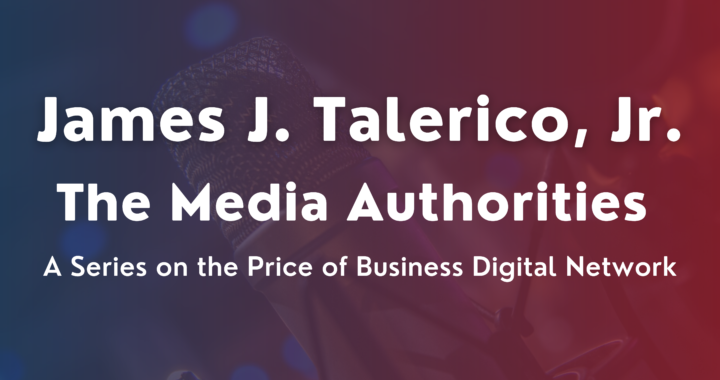Is It Time To Retire the 401(k)?

Ted Benna, often hailed as the “Father of the 401(k),” is a name synonymous with retirement savings innovation. However, in recent years, Benna has expressed a growing sense of regret about his role in the creation and promotion of the 401(k) retirement savings plan.
The Birth of the 401(k)
In the late 1970s, Ted Benna was a benefits consultant working for The Johnson Companies in Pennsylvania. During his tenure, he uncovered a little-known section of the Internal Revenue Code, Section 401(k), which allowed for tax-deferred contributions to retirement plans. Benna realized that this section of the code could be used to create a retirement savings vehicle that would empower all American workers to save for their retirement.
Benna’s Vision and Regret
Ted Benna’s vision for the 401(k) plan was fundamentally rooted in the belief that it would provide a valuable retirement savings tool for workers of all income levels. He envisioned a system where employees could actively participate in their retirement planning, using pre-tax dollars to accumulate wealth over time.
However, as the 401(k) plan gained widespread adoption, Benna began to see the unintended consequences of his creation. He has expressed deep regret about the way the 401(k) system has evolved, particularly in terms of the financial burdens it has placed on many retirees.
Unintended Consequences Of 401(k) Plans
Benna’s main regret is that the system is too complex for most Americans. This has resulted in a number of unintended consequences:
- Insufficient Savings: One of Ted Benna’s regrets is that the 401(k) system has led to inadequate retirement savings for many individuals. With the responsibility for retirement planning shifted to employees, not everyone has been able to save enough to maintain their desired quality of life in retirement.
- Market Volatility: The 401(k) system exposes retirees to market volatility. Benna has expressed concerns about the impact of market downturns on retirees’ savings, particularly when they occur near retirement age.
- High Fees: Over time, the 401(k) industry has become riddled with high fees that erode retirees’ savings. Benna regrets that the system he helped create has led to significant profits for financial institutions at the expense of savers.
- Complexity: The complexity of 401(k) plans, including investment choices and fee structures, has left many retirees feeling overwhelmed and ill-equipped to make informed decisions about their savings.
- Inequity: Benna has also regretted the inequity in retirement savings. The 401(k) system has not adequately addressed income disparities, leaving many lower-income workers with insufficient savings.
- Lack of Guarantees: Unlike traditional pensions, 401(k) plans do not offer guaranteed income in retirement. Retirees are left to manage their investments and potentially face longevity risk.
- Inadequate Financial Education: Benna has voiced concerns about the lack of financial education and guidance available to 401(k) participants. Many workers are ill-prepared to navigate the complexities of retirement planning.
More Disadvantages To 401(k) Plans Than Advantages
The main advantages of 401(k) plans are the pretax contributions, tax deferral on gains inside the plan, and the employer match on some plans. But, the plans come with many disadvantages which often overpower these advantages:
- Limited Investment Choices: Most 401(k) plans offer a restricted selection of investment options, often limited to mutual funds. This can limit your ability to diversify your portfolio as you see fit.
- Fees and Expenses: 401(k) plans can carry various fees and expenses, including administrative fees, investment management fees, and transaction costs, which can eat into your returns over time.
- Early Withdrawal Penalties: Withdrawing funds from a 401(k) before the age of 59½ typically incurs a 10% penalty, in addition to income taxes, unless you meet certain exceptions like financial hardship or disability.
- Required Minimum Distributions (RMDs): Starting at age 72, you are required to take minimum distributions from your 401(k), which can impact your retirement income strategy and potentially result in higher taxes.
- Limited Access to Funds: 401(k) funds are generally locked in until retirement age, making them inaccessible for other financial goals or emergencies without penalties.
- Employer Control: Employers typically have control over the plan’s design, including contribution matching, investment choices, and eligibility criteria, which may not align with your financial goals.
- Taxation Upon Withdrawal: Contributions to a traditional 401(k) are tax-deferred, meaning you’ll pay taxes when you withdraw the funds in retirement. This can lead to unexpected tax obligations if your tax rate is higher in retirement.
- No Control Over Market Timing: 401(k) investors have no control over market timing, potentially leading to suboptimal investment returns if they retire during a market downturn.
- Limited Portability: If you change jobs, you may need to decide what to do with your 401(k) balance. Options include rolling it into an Individual Retirement Account (IRA), leaving it with the former employer (if allowed), or cashing it out (subject to penalties).
- Inequality in Contribution Limits: 401(k) contribution limits are the same for all employees, regardless of income. This can disadvantage lower-income workers who may struggle to max out their contributions.
Ted Benna’s regrets about pushing the 401(k) plan highlight the importance of evaluating the long-term consequences of financial innovations. While the 401(k) system has empowered some individuals to save for retirement successfully, it has also left many others facing financial challenges in their later years. Benna’s reflections on the unintended consequences of the 401(k) plan call for a reevaluation of retirement savings strategies and a shift in focus to financial education. Perhaps it’s time to retire one of the pillars of retirement planning.
David has been a licensed life insurance agent since 2004. In addition to life insurance design and sales, he has also helped develop educational and marketing content for large financial firms like Allstate, New York Life, State Farm, AmTrust, and J.G. Wentworth. His articles and essays on life insurance and Human Life Value are currently taught at California State University (CSU) as part of its Expository Writing and Reading Course, and his articles on budgeting, life insurance, investing, and financial planning have been featured in online publications like ThinkAdvisor, The Huffington Post, NuWire Investor, and RealClearMarkets. David is also the author of several short eBooks on budgeting and saving money, and the designer of the xFlow™ budgeting app and the xCalc™ suite of financial calculators.
Visit www.monegenix.com to learn more.



 SaaS and Technology Agreement Attorneys in New York City
SaaS and Technology Agreement Attorneys in New York City  Real-Life Succession Planning Failures … and How To Avoid Them
Real-Life Succession Planning Failures … and How To Avoid Them  Smart Strategies To Increase the Value of Your Business Before Selling
Smart Strategies To Increase the Value of Your Business Before Selling  The SEC’s New Crypto Task Force: A Step Toward Clarity and Collaboration
The SEC’s New Crypto Task Force: A Step Toward Clarity and Collaboration  Marketing for Introverts: Authentic Strategies That Actually Work
Marketing for Introverts: Authentic Strategies That Actually Work  A Real Shift in Nutrition Policy — And Why It Gives Me Hope
A Real Shift in Nutrition Policy — And Why It Gives Me Hope  Move That Body
Move That Body